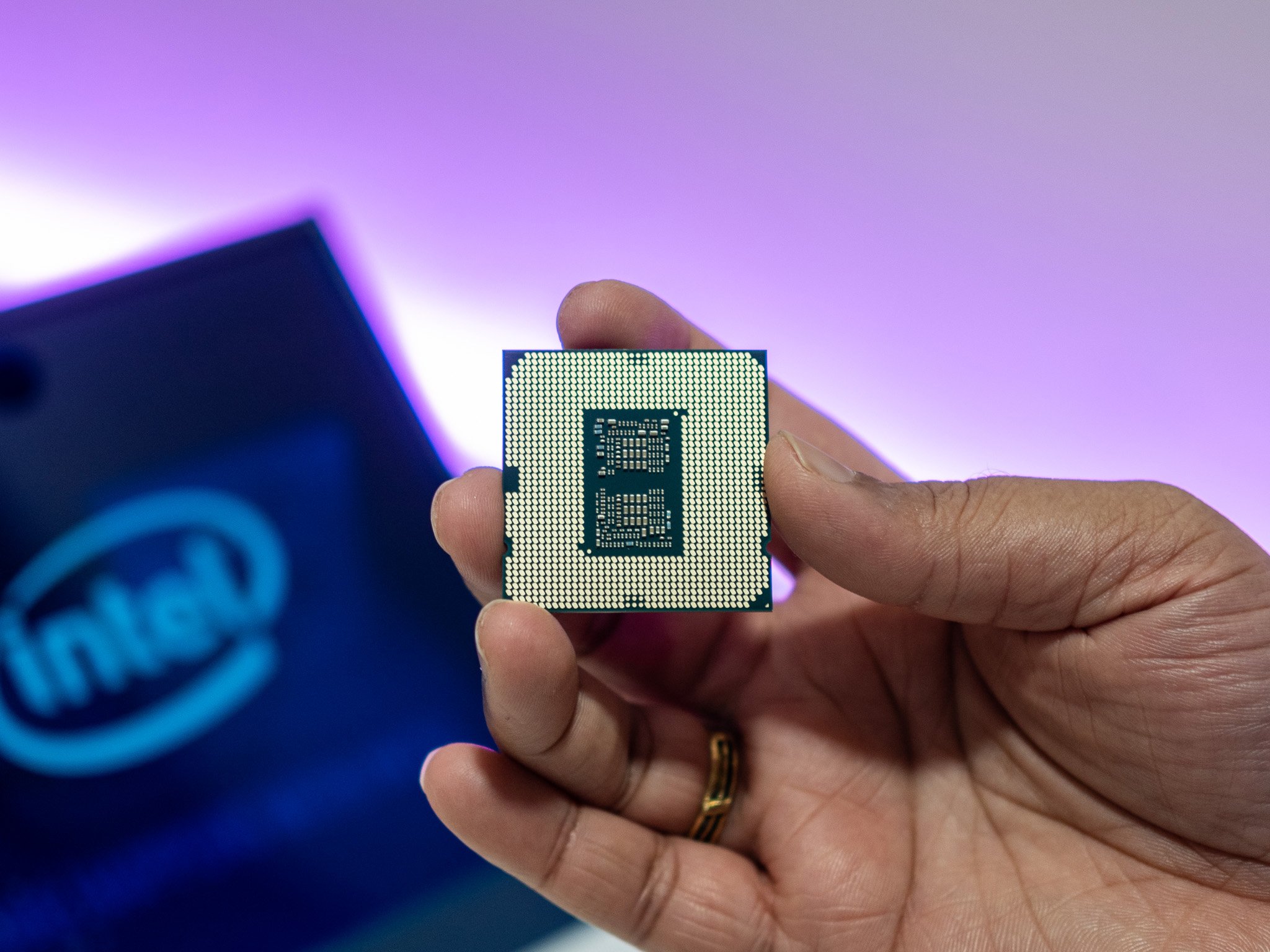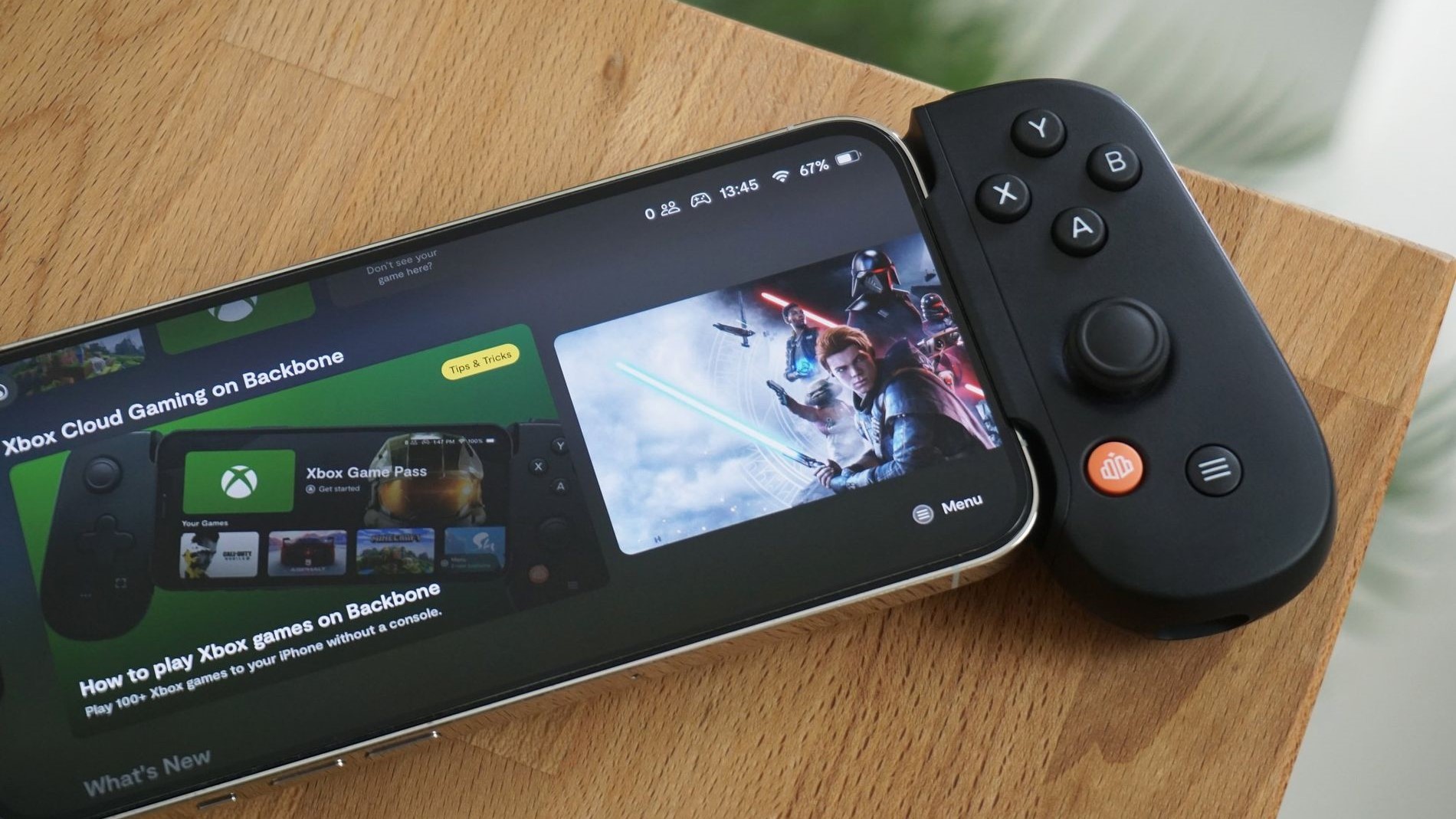Intel sues former employee, accusing him of stealing trade secrets as he left for Microsoft
Intel claims that a former employee took close to 3,900 internal documents containing trade secrets.

What you need to know
- An Intel lawsuit claims that a former employee took trade secrets and used them during his employment at Microsoft.
- The lawsuit alleges that the former employee took approximately 3,900 documents from an Intel-issued computer.
- The lawsuit states that Microsoft and Intel worked together to investigate the situation.
Intel filed a lawsuit against a former employee that later went on to work for Microsoft, Varun Gupta. The suit alleges that Gupta took trade secrets with him as he left Intel and used them during business negotiations with Intel while he worked at Microsoft. A report from The Oregonian broke the news and summarizes the case.
Gupta worked for Intel for almost 10 years. In January 2020, Gupta left Intel and moved to Microsoft, according to the lawsuit. The suit alleges that Gupta put Intel trade secrets onto two USB drives before he quit and then accessed the secrets from a Microsoft-issued laptop.
The lawsuit alleges that Gupta transferred approximately 3,900 documents from his Intel-issued computer to two personal drives.
The lawsuit states that during his employment at Intel that Gupta had "direct access to documents containing Intel confidential information and trade secrets related to Intel's pricing structure and strategies, definition of the parameters, and manufacturing capabilities for customized Xeon processors, among other Intel confidential information and trade secrets."
The crux of the lawsuit is summarized in Article I, section 6:
Four days after leaving Intel, Gupta began working for Microsoft Corporation ("Microsoft") as a Principal of Strategic Planning in Microsoft's Cloud and Artificial Intelligence department. In his new role at Microsoft, Gupta used the confidential information and trade secrets he misappropriated from Intel, deploying that information in head-to-head negotiations with Intel concerning customized product design and pricing for significant volumes of Xeon processors. As a purchaser of Intel's processors, Microsoft's rational objective would be to negotiate the most advanced technical features at the lowest achievable price. Gupta knew Intel's confidential technical and manufacturing capabilities, customized product offerings, marketing strategies, and pricing for Xeon processors, and used that confidential information and trade secrets to gain an unfair advantage over Intel in the negotiations concerning product specifications and pricing. Gupta had no way of knowing this information but for his access to it during his employment at Intel.
Microsoft and Intel have worked together to investigate the situation. The lawsuit states that Microsoft determined that Gupta plugged one of the USB drives in question into a Microsoft-issued laptop.
The lawsuit states, "Through Intel's investigation, with the assistance of Microsoft, Intel began to discover the full breadth of Gupta's misappropriation. Forensic analysis ultimately showed that Gupta had taken thousands of Intel documents, placed them on one or more of at least two USB drives (including the Seagate Drive), and accessed them on multiple dates throughout his employment by Microsoft."
All the latest news, reviews, and guides for Windows and Xbox diehards.
Initially, Gupta claimed that he did not know where one of the drives was, according to the lawsuit. Gupta later admitted to having the drive, referred to as the Seagate Drive in the lawsuit, and turned it over to Microsoft, according to the lawsuit.
The location of the second drive, referred to in the lawsuit as the Western Digital Drive, is still unknown by Intel. The lawsuit states that Gupta claims to have disposed of the drive by "throwing it out in his household trash."
The lawsuit states that Intel is "exposed to an ongoing risk that its confidential information and trade secrets will be distributed and used."
Intel is seeking unspecified damages in the lawsuit against Gupta. The company also wants an injunction preventing Gupta from using or disclosing trade secrets from the drives in question.

Sean Endicott is a news writer and apps editor for Windows Central with 11+ years of experience. A Nottingham Trent journalism graduate, Sean has covered the industry’s arc from the Lumia era to the launch of Windows 11 and generative AI. Having started at Thrifter, he uses his expertise in price tracking to help readers find genuine hardware value.
Beyond tech news, Sean is a UK sports media pioneer. In 2017, he became one of the first to stream via smartphone and is an expert in AP Capture systems. A tech-forward coach, he was named 2024 BAFA Youth Coach of the Year. He is focused on using technology—from AI to Clipchamp—to gain a practical edge.
